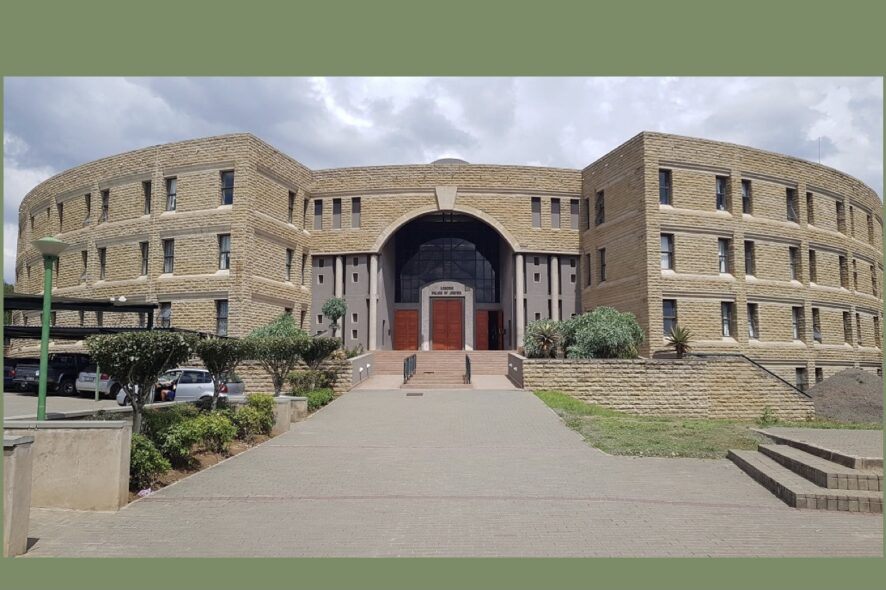Lesotho, High Court: S.P. Sakoane, CJ, addressed a matter wherein the decision of summary indictment has been challenged.
Applicants in the present matter belonged to two political parties represented in the National Assembly. Both the applicants challenged the decision of the Director of Public Prosecutions to join them in an indictment in which 3rd, 4th, 5th and 6th respondents were facing charges of treason, murder and attempted murder.
Analysis
High Court noted that the applicant’s case rested upon three pillars, being:
First Pillar was that the Director’s decision to have them joined in a trial pending since 2018 is unlawful for want of compliance with the statutory requirement of first holding a preparatory examination before committal for trial in this Court.
Second pillar was that the stay of CRI/T/0001/2018 pending the review of the Director’s decision to charge the applicants with a political offence which was allegedly committed way back in 2014 against an administration which has long come and gone.
Third pillar: The applicants’ joinder in a criminal trial that had been pending served the Crown’s convenience in disregard of the applicants’ constitutional rights to trial within a reasonable and adequate time and facilities for preparation of their defences guaranteed by Section 12 (1) and (2) (c) of the Constitution.
“Our courts have deprecated instituting civil collateral proceedings to attack criminal proceedings outside the criminal process.”
It was observed by this Court that holding a preparatory examination in terms of Section 92 of the Criminal Procedure and Evidence Act, 1981 is a pre-requisite for committals and that summary trials in terms of Section 144 are an exception which must be justified.
Referring to the decisions in Rex v. Mahao Matete 1979 (2) LLR 304 (H.C.); Rex w Rampine & Another 1979 (2) 377 (H.C.); Mda And Another v. Director of Public Prosecutions & Another [2005] LSHC 72 (18 April 2005), Court expressed that “ an accused person is entitled to challenge the Director’s decision to summarily indict.”
Further, the Bench observed that, all the reliefs that the applicants sought are directed at attacking the indictment in a trial that is pending before Tshosa AJ. It is plainly in the interest of the administration of justice as well as the interest of the applicants and the Crown that, all objections must first be raised and decided by the Trial Judge. This also serves to avoid piece-meal litigation.
Decision
Hence, Bench held that the impugned joinder of applicants should be pursued before the trial judge since it would not be right for this Bench to be sitting as a non-trial judge to pronounce on one or all of the issues arising.[Mothejo Metsing v. Director of Public Prosecutions, CIV/APN/425/2020, decided on 09-02-2021]
Image Credits: Link







